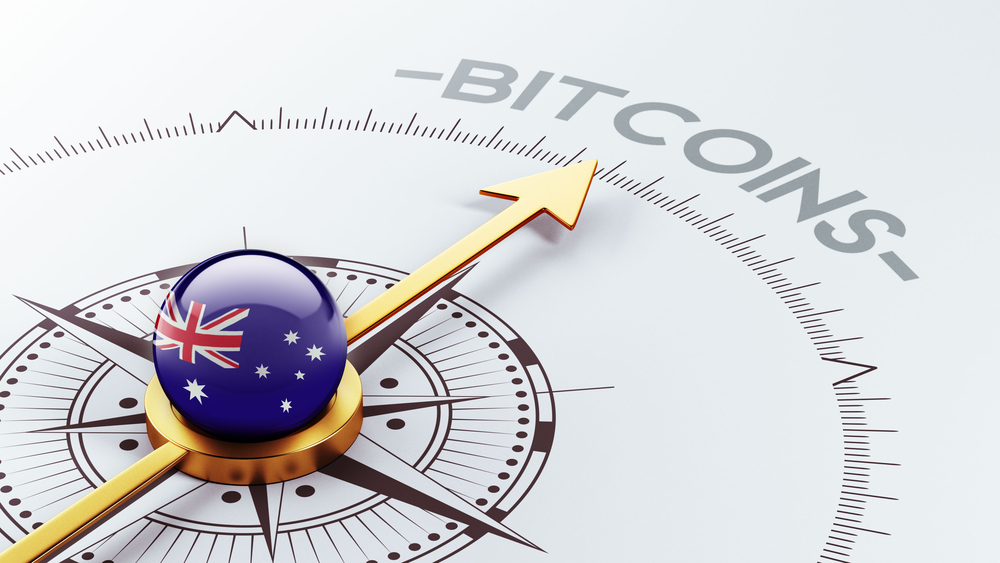[Updated] Breaking: Bitcoin Gets a Tax Cut in Australia

Following a policy statement by the Australian Government Treasury in March that saw the authority reveal that digital currencies such as Bitcoin are likely to be exempt from double taxation via the Goods and Services (GST) tax, the Australian Government has kept its word.
The Australian Government’s Budget 2016-17 has listed its intention to remove the double taxation levied on digital currencies like Bitcoin.
An excerpt from a summary of the 2016-17 Budget that focused on Jobs and Growth, released today, read:
The Government has released a consultation paper on changing the GST treatment of digital currencies. This change will ensure that consumers are no longer ‘double taxed’ when using digital currencies to buy goods and services already subject to GST.
The Current Law: Bitcoin an Intangible Property
The current rules mandated by the Australian Tax Office sees Bitcoin as an “intangible” property. An excerpt from the law reads:
| Bitcoin, however, is intangible and therefore is not an instrument, and therefore cannot be a negotiable instrument.
This meant that existing laws dictated a double tax on bitcoin, once when exchanging fiat for digital currency, and GST applied again when a digital currency is used for settlement. Daniel Alexiuc, CEO of Living Room of Satoshi, a successful Australian bitcoin and blockchain-startup offered his views about double taxation. Speaking to CCN.com, he said:
|
The Government initially announced that it would address the ‘double taxation’ of digital currencies under the GST as a means to encourage Fintech development in Australia. The policy statement, titled “Australia’s Fintech Priorities ” was released on March 21, 2016.
The Australian Government Treasury stated that it had recognized that there are over 600 digital currencies, all of them with “different protocols for transaction processing and confirmation.”
At the time, Alexiuc added that the statement made by the Australian Treasury made for “encouraging rhetoric,” at a time when the Fintech industry started to stagnate in the country-continent, with some businesses forced to move offshore.
He opined:
The double tax on bitcoin sales meant that it made no financial sense for most Australian business to use bitcoin, since doing so would be 10% more expensive than using cash, credit cards or any other payment option. So it has mostly been only private individuals using bitcoin in Australia up until now.
Addressing Double Taxation on Digital Currencies
Following up on its statement to address the double taxation of digital currencies under GST, the Australian Treasury released a new discussion paper [PDF] today.
An introduction to the paper stated:
The Government recognizes that this treatment may be preventing the use of digital currencies and hindering their further development.
This paper provides background and questions for consultation on the potential approaches available to identify digital currencies in the GST law and change their GST treatment to remove ‘double taxation’.
Defining Digital Currencies
Before looking into the options on how Bitcoin and digital currencies can be deemed GST-free, the discussion encouraged in the paper sought to precisely identify what a digital currency is, before determining the new double-taxation-free treatment.
The definition of a ‘digital currency’ is likely to include requirements based on the following criteria.
They are:
- A digital or non-tangible unit of account.
- Not being denominated in units of other currencies, making it a unique currency.
- A commonly used medium of exchange.
- Two-way convertibility to real-world goods, services and fiat currency, outside of a centralized exchange.
- Reliance on cryptographic techniques to validate transactions.
- Lack of centralized control or centralized validation of the currency, such as through the ‘distributed ledger’.
Curbing Double Taxation on Bitcoin
The Treasury lists three options as changes to the GST law that would prevent double taxation on digital currencies.
The two main reform options, cited by the Treasury are:
- Input taxed treatment: Under this possibility, Bitcoin is treated like financial supplies such as share trading, loans and exchange of foreign currency, all of which are input taxed and are not subject to GST. This option is essentially similar to the treatment afforded to Bitcoin by the European Union and the United Kingdom.
- Treating Bitcoin as ‘Money’: As the name goes, this option could mean that Bitcoin and digital currencies would be treated as the equivalent of ‘money’. Enabling this option would see Bitcoin included in the current definition of ‘money’ that includes Australian or foreign currency, promissory notes, bills of exchange and money orders.
The third and alternate option would see digital currencies being treated as GST-free properties. Essentially, this would see digital currencies get the same GST-exemptions that food and healthcare get.
No matter the option, there is to be a “final unanimous agreement to the change to the GST base would then be required from the States and Territories,” the paper added, before firmly stating:
This is the case regardless of which reform option is chosen.
The Treasury is inviting interested parties to comment on the discussion paper, with further details to be found here.
Featured image from Shutterstock.